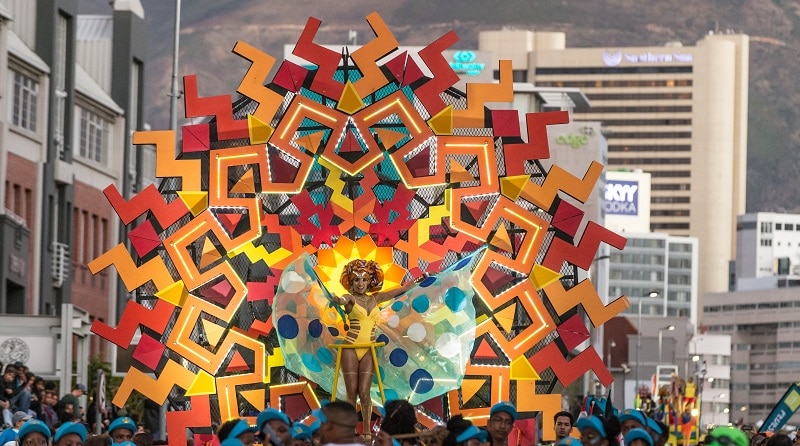Cape Town is Africa’s Leading Design City
9 November 2020
A city of more than 4 million inhabitants, Cape Town is endowed with abundant creative talent.
In 2017, Cape Town was the first city in Africa to be named a UNESCO City of Design, joining a total of 180 cities in UNESCO’s global Creative Cities Network. The honour recognises a city’s design status and commitment to promoting and developing the cultural and creative industries.
Launched in 2004, the UNESCO Creative Cities Network aims to foster international cooperation with and between cities committed to investing in creativity as a driver for sustainable urban development, social inclusion and cultural vibrancy. To date, more than 30 world cities have received the Design City designation.
The City of Cape Town recognises that creativity and culture are critical components in shaping Cape Town as a thriving and resilient city.
The City’s application to UNESCO was put forth in June 2017 following broad consultation with stakeholders representing the local design ecosystem, including the private and public sectors, academia and civil society. A highlight of the process was a co-design workshop facilitated by the University of Cape Town’s Hasso Plattner Institute of Design Thinking involving multiple design sector bodies, local and regional government, design practitioners, tertiary education bodies and design event organisers.
With the designation, the City in partnership with the local design sector aims to develop and nurture international partnerships; collaborate on projects and events linked to sustainable urban development; build better communities; and enhance and develop a more robust local design sector.
What design practitioners say about Cape Town
The Director of the Hasso Plattner Institute of Design Thinking at UCT, Richard Perez said: “We believe that investing human capital with creative confidence and skills in a design-led innovation approach are the keys to creating a future-ready, inclusive and sustainable city. Developing a human-centred innovation mind-set and culture will enable the City of Cape Town to strategically leverage its creative industries to realise the sector’s potential for socio-economic growth and development and to take advantage of the opportunities that the UNESCO designation brings.”
Erica Elk, Executive Director of the Craft & Design Institute (CDI), says: “The City of Cape Town has been a keen supporter of the development of the local creative economy since the late 1990s and its inclusion into the UNESCO Creative Cities Network as a Design City can only help intensify its support to this very important – and often overlooked – sector”.
There are between 50 000 and 80 000 people working in design-related businesses in the Western Cape. Designers range from the technologically resourced graphic designer and the highly skilled ceramicist producing high-value goods to the wireworker applying latent design skill to market supplied ideas, product developers, ICT systems designers and architects.
“Designers operate at every link in the product-to-market chain. A recent research study commissioned by the CDI shows that the value of local design retail is in excess of R400 million per annum. These developments bear out that there has been a growing awareness over the past 10 years of the value of craft, handmade, artisanal and bespoke products in particular,” said Elk.
Design a vehicle for change
Co-founder of the Open Design Afrika, Suné Stassen, says Cape Town is not only an exciting and unique melting pot of diverse cultural experiences, but also a place where design and innovation in its broadest sense, across various sectors, in education and in communities, is used as a vehicle to bring about change and transformation.
“Acknowledged as the most entrepreneurial city of South Africa and the Creative Capital of Africa, this designation as a UNESCO Creative City will further propel Cape Town’s leading role in collaboration with other African cities to drive the ongoing African Design and Innovation agendas so that the genius from Africa can be showcased and shared with the world,” says Stassen.
Organisers of the Design Indaba conference, one of the city’s signature creative events, said: “As an organisation that believes in the power of creativity to unlock the economic potential of our city, Design Indaba could not think of a better opportunity for the City of Cape Town than to be a member of the UNESCO Creative Cities Network. Throughout the 24 years of hosting the biggest design festival in the world right here in Cape Town, we can attest that this is a great city for design. Not only does the city celebrate the best in design, but also the potential for us to reimagine aspects of the design world, such as spatial planning. Cape Town has many challenges but with that comes opportunities to bridge the divide while using creativity as a tool to create a better world”.
Related stories
Celebrating Cape Town’s Creative Talent
City scoops international urban design award

